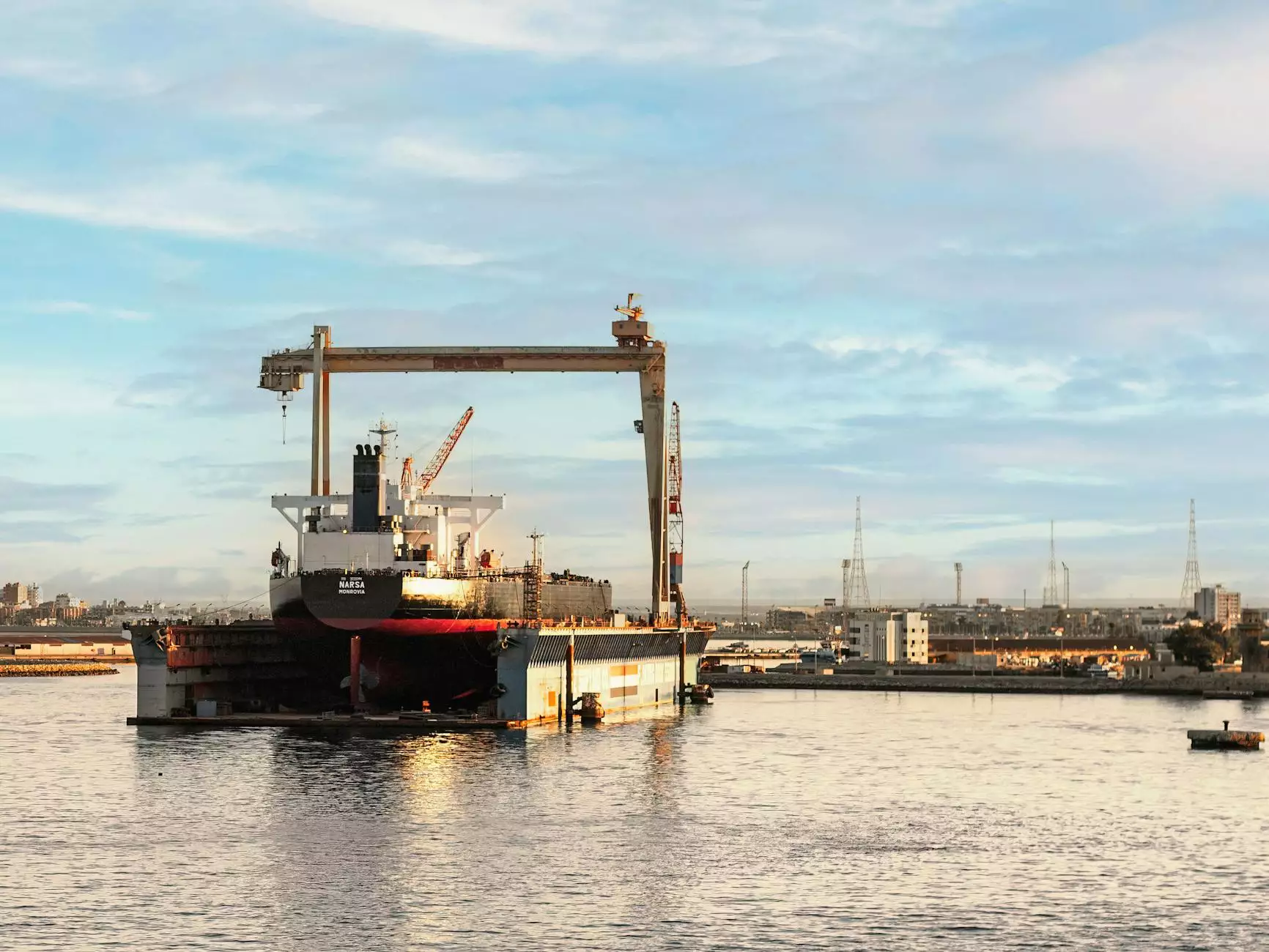Understanding Pressure Die Casting Manufacturers

In the realm of modern manufacturing, pressure die casting manufacturers hold a pivotal position. This innovative process has revolutionized how metal parts are produced, especially in industries such as automotive, aerospace, and consumer electronics. With its ability to produce complex shapes with high precision, pressure die casting stands out as an essential technique worthy of exploration.
What is Pressure Die Casting?
Pressure die casting is a manufacturing process that utilizes high pressure to force molten metal into a mold cavity. The process is primarily employed with non-ferrous metals like aluminum, zinc, and magnesium. Due to its speed and efficiency, this method is particularly beneficial for producing large volumes of parts with stringent dimensional tolerances.
The Process of Pressure Die Casting
The process can be broken down into several key stages:
Preparation of the Mold
The first step involves creating a mold, typically made from steel or sometimes from other materials. The mold is designed with a specific geometry that corresponds to the part that needs to be produced.
Melting the Metal
The chosen metal is heated in a furnace until it reaches a liquid state. The temperature must be controlled precisely to ensure that the metal flows well into the mold.
Injection of Molten Metal
Once the metal is molten, it is injected into the mold under high pressure. This pressure ensures that the molten metal fills every corner of the mold, capturing even the finest details.
Cooling and Solidification
The injected metal is left to cool and solidify within the mold. This phase is critical as it determines the strength and quality of the final product.
Mold Opening and Part Ejection
After the metal has solidified, the mold is opened, and the part is ejected. This step may involve some additional processes to remove any flash or surplus material.
Benefits of Pressure Die Casting
Choosing pressure die casting manufacturers for producing metal components comes with a multitude of benefits, which include:
- High Precision: The high pressure used in the casting process allows for intricate designs and tight tolerances, perfect for detailed components.
- Efficiency: Once the mold is created, the casting process is highly repeatable, making it an excellent choice for mass production.
- Surface Finish: Parts produced via pressure die casting often have a smooth surface finish, reducing the need for extensive post-processing.
- Material Utilization: The process minimizes waste, as most of the metal used in production is converted into viable products.
- Strength: The resulting cast parts tend to be stronger and more durable, thanks to the rapid cooling and solidification process.
Applications of Pressure Die Casting
Many industries take advantage of pressure die casting due to its efficiency and versatility. The most common applications include:
1. Automotive Industry
Pressure die casting is extensively used in the automotive sector to produce parts like transmission cases, engine blocks, and other critical components that require durability and light weight.
2. Aerospace Industry
In aerospace, the need for lightweight yet strong components is essential. Manufacturers rely on pressure die casting to produce parts that meet stringent regulations while maintaining performance.
3. Electronics
The electronics industry utilizes die casting for producing housing and structural components which require precision and quality to safeguard sensitive internal elements.
4. Consumer Goods
From appliances to furniture, many consumer goods incorporate parts made through pressure die casting due to their aesthetic appeal and functional strength.
Choosing the Right Pressure Die Casting Manufacturer
With many pressure die casting manufacturers available, selecting the right one can be challenging. Companies should consider the following factors:
- Experience: Look for manufacturers with extensive experience and a proven track record in the industry.
- Technology: Advanced technology and machinery can vastly improve the quality and speed of production.
- Quality Assurance: Ensure that the manufacturer adheres to industry standards and has a robust quality control system in place.
- Customer Support: A reliable manufacturer provides excellent customer service, offering support throughout the project lifecycle.
- Cost-Effectiveness: While price should not be the only consideration, a competitive pricing structure without compromising quality is essential.
The Role of Deep Mould in Metal Fabrication
At the forefront of the industry, Deep Mould exemplifies the qualities to look for in pressure die casting manufacturers. With cutting-edge technology and a team of skilled professionals, Deep Mould has established itself as a leader in metal fabricators.
Commitment to Quality
Deep Mould’s commitment to quality is evident in its diligent manufacturing processes, which incorporate rigorous testing and quality checks at every stage of production. This dedication ensures that every part produced not only meets but exceeds client expectations.
Innovation and Technology
Investing in the latest technologies allows Deep Mould to optimize their operations, improving both the efficiency of the casting process and the quality of the final products. This move not only enhances productivity but also enables the company to remain competitive in a rapidly evolving market.
Customer-Centric Approach
Understanding that every client has unique needs, Deep Mould adopts a customer-centric approach. This philosophy enables them to tailor their services, ensuring that clients receive solutions that are not only effective but also cost-effective.
Environmental Considerations in Pressure Die Casting
As the world becomes increasingly aware of environmental concerns, pressure die casting manufacturers are also focusing on sustainable practices. Key considerations include:
- Energy Efficiency: Adopting energy-efficient processes can significantly reduce the environmental footprint of metal casting operations.
- Recycling Materials: Leveraging scrap metal and ensuring proper recycling practices can minimize waste and promote sustainability.
- Emissions Control: Implementing technology to control emissions and adhere to local regulations ensures that manufacturing processes are environmentally responsible.
Future Trends in Pressure Die Casting
As technology continues to advance, the pressure die casting industry will undoubtedly evolve. Future trends may include:
1. Automation and Robotics
The integration of automation in pressure die casting processes is likely to rise, improving efficiency and reducing labor costs.
2. Smart Manufacturing
With the advent of Industry 4.0, manufacturers will utilize data analytics and IoT (Internet of Things) to enhance production efficiency and monitor processes in real-time.
3. Enhanced Materials
Research into new metal alloys and composites will facilitate the creation of stronger and lighter components, further diversifying the applications of pressure die casting.
Conclusion
Pressure die casting manufacturers play an indispensable role in modern manufacturing, particularly in industries demanding high precision and efficiency. With companies like Deep Mould leading the charge, the future of metal fabrication looks promising. By embracing innovation, maintaining stringent quality standards, and focusing on sustainable practices, manufacturers can continue to evolve and meet the challenges of tomorrow.
Investing in partnerships with reputable die casting manufacturers will not only enhance product quality but also foster greater innovation in the manufacturing process, paving the way for a brighter, more efficient future.








